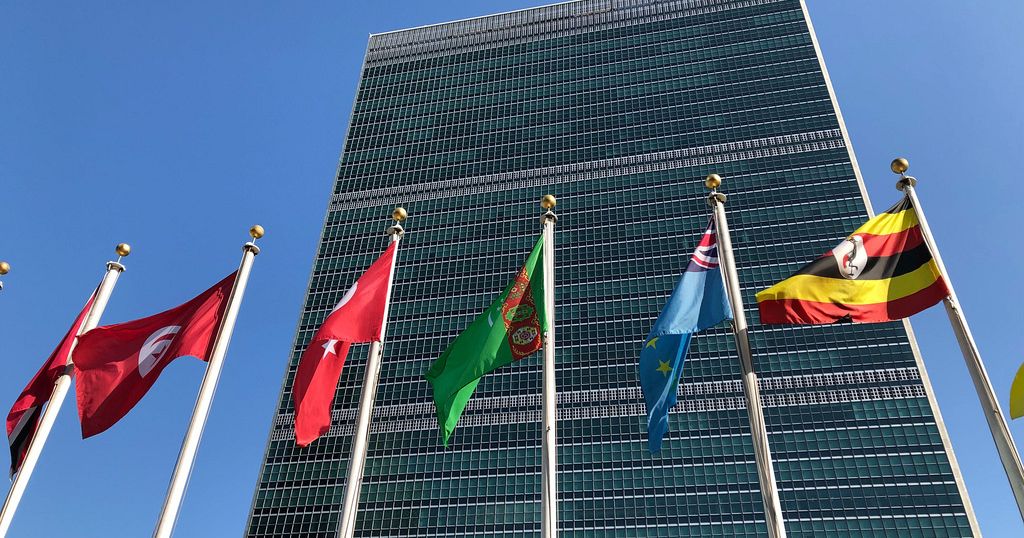Africa
UN Forum calls for urgent reform to tackle global development crisis

With nearly 600 million people projected to remain in extreme poverty by 2030 and developing countries facing annual sustainable development financing gaps of up to $4 trillion, officials warned that the global development cooperation system is falling short at a time of urgent need.
At the opening of the Forum, Rae emphasised that development cooperation must move beyond UN and state-led efforts to fully integrate international financial institutions and private sector contributions. “At the notion that this is somehow a UN alone project, or UN and nation state project alone is wrong. It has to include in an integral way what the IFIs are doing at every level, and what the private sector is doing at every level,” he said.
Li Junhua, UN Under-Secretary-General for Economic and Social Affairs, underscored the impact of an increasingly fragmented system. “Too many countries are burdened by unsustainable debt, shrinking fiscal space, and a fragmented development system that does not align with urgent needs and priorities,” he said. “In this dysfunctional system, women and girls bear the heaviest burden, facing disproportionate impacts that threaten to erase decades of hard-won progress on gender equality.” The Report of the Secretary-General on trends and progress in international development cooperation presented at the Forum highlighted stark realities.
Assistant Secretary-General for Economic Development Navid Hanif stated that the global development cooperation system is “not effectively responding to the needs and priorities of developing countries and local communities at the front lines for our efforts to achieve the Sustainable Development Goals.” Cristina Duarte, Under-Secretary-General and Special Adviser on Africa, pointed to the broader systemic failures of the global economy. “Globalization has bound economies together, yet the multilateral institutions designed to regulate its forces are struggling to keep up,” she said. “The current economic order has allowed wealth to accumulate in unprecedented ways, but it has also widened inequalities…weakened states … and marginalize billions of people.” She highlighted a paradox at the heart of development finance. “We live a paradox. We are in the side of rule that we have the responsibility. But the financial resources are not in that side of the world. Financial resources are in a different side,” she said, pointing to the imbalance between decision-making power and financial capital in the global system.
The Forum convenes ahead of the Fourth International Conference on Financing for Development, set for June 30 to July 3, where Member States will discuss potential reforms to the development cooperation architecture. The Forum’s recommendations will contribute to these discussions, aiming to ensure that international funding mechanisms better serve the world’s most vulnerable populations.
